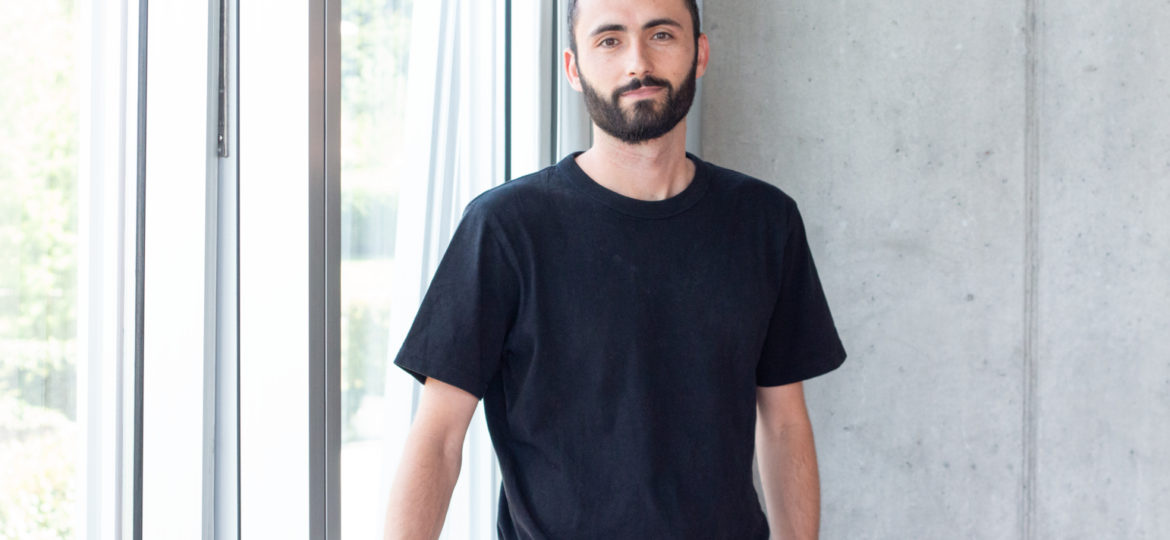Elderli and BRIDGE Proof of Concept: „you have to dare to venture into unknown territory.“

Today, Kevin Kempter will share his experience about his start-up Elderli and his ongoing BRIDGE Proof of Concept project hosted by the HETSL – Haute école de travail social et de la santé Lausanne (HES-SO Haute école spécialisée de Suisse occidentale).
Kevin Kempter. Picture credits: HETSL
What is your BRIDGE Proof of Concept project about?
Within the framework of a master’s thesis, seniors, students, scientists, and social work professionals from the canton of Vaud met to develop a new concept of intergenerational home share and to overcome the limits of previous projects. Their reflections have allowed them to propose a very complete cohabitation service supporting the elderly who wish to sublet part of their home to students. The unique added value of this project lies in the social accompaniment by social workers that guarantees a balanced framework during the period of cohabitation, and the creation of tailor-made pairs according to the needs and desires of each person and the spaces they wish to share or make available. Each pair is assigned a social referent who acts as a resource for them. Intergenerational sharing is accessible to everyone, thanks to the security that Elderli provides, and the ease with which it can be arranged. In addition to the social support, Elderli takes care of everything: invoicing, managing deposits, creating tailor-made shared-rental contracts, and liaising with property managers and local authorities.
Your application was rejected the first time. What was the impact on your project?
It’s never pleasant to fail so close to your goal! In retrospect, it was the best thing that could have happened to me, since this first failure was ultimately a way of surrounding myself with a competent network to strengthen the financial aspect of the project! This enabled me to create my first partnerships and rework my business model.
What advice would you give to candidates wishing to develop and implement their social innovation?
To develop a social innovation project that addresses a social need, it is essential to mobilise the knowledge of the stakeholders involved and facing the social need to generate collective intelligence. This technology of participation is in line with the needs and resources of society. Today, social innovation is still under-represented in this type of call for projects! The first challenge in implementing a social project is to effectively communicate with experts from various disciplines. To achieve this, we need to present and justify that our social innovation is the key to our (social) technology, which creates added value and makes a project sustainable, unique and innovative. Players in the social sciences and humanities (in the broadest sense of the term) must seize these opportunities and have a role to play in recognising social innovation as such.
Even if it’s obvious, you have to dare to take the plunge into unknown territory and steps you don’t know perfectly well. It’s part of the rules of entrepreneurship. Even if the project is rejected, the selection process is very instructive, as it allows you to put down in writing all the important dimensions required to implement an idea.
How is BRIDGE Proof of Concept essential to the development of your project?
BRIDGE allows me to devote 100% of my time to this project at HETSL (Haute École de Travail Social et de la santé de Lausanne), in an environment conducive to the creation of synergies and partnerships with public policies. This allows me to benefit from all the facilities of a recognised social work institute.